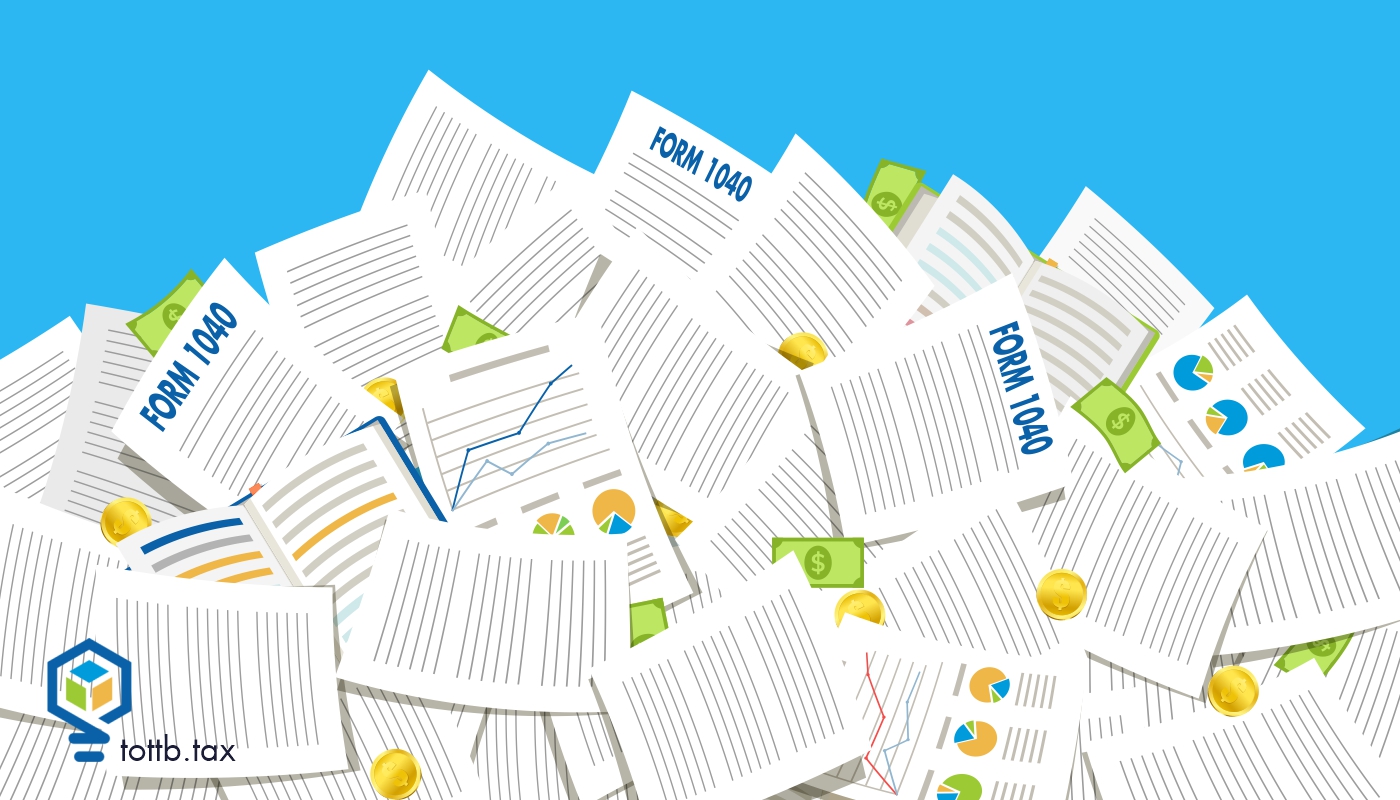
Contracts, Signing Bonuses, and the Substantial Presence Test
In tighter job markets, recruits are often offered signing bonuses (and sometimes moving expenses) to join a firm. Sometimes construction workers temporarily relocate to jobs in other states while they are employed by the company that hired them in their home state. This article reviews some of the foundational tax concepts to consider when evaluating sourcing of income for state tax purposes.








